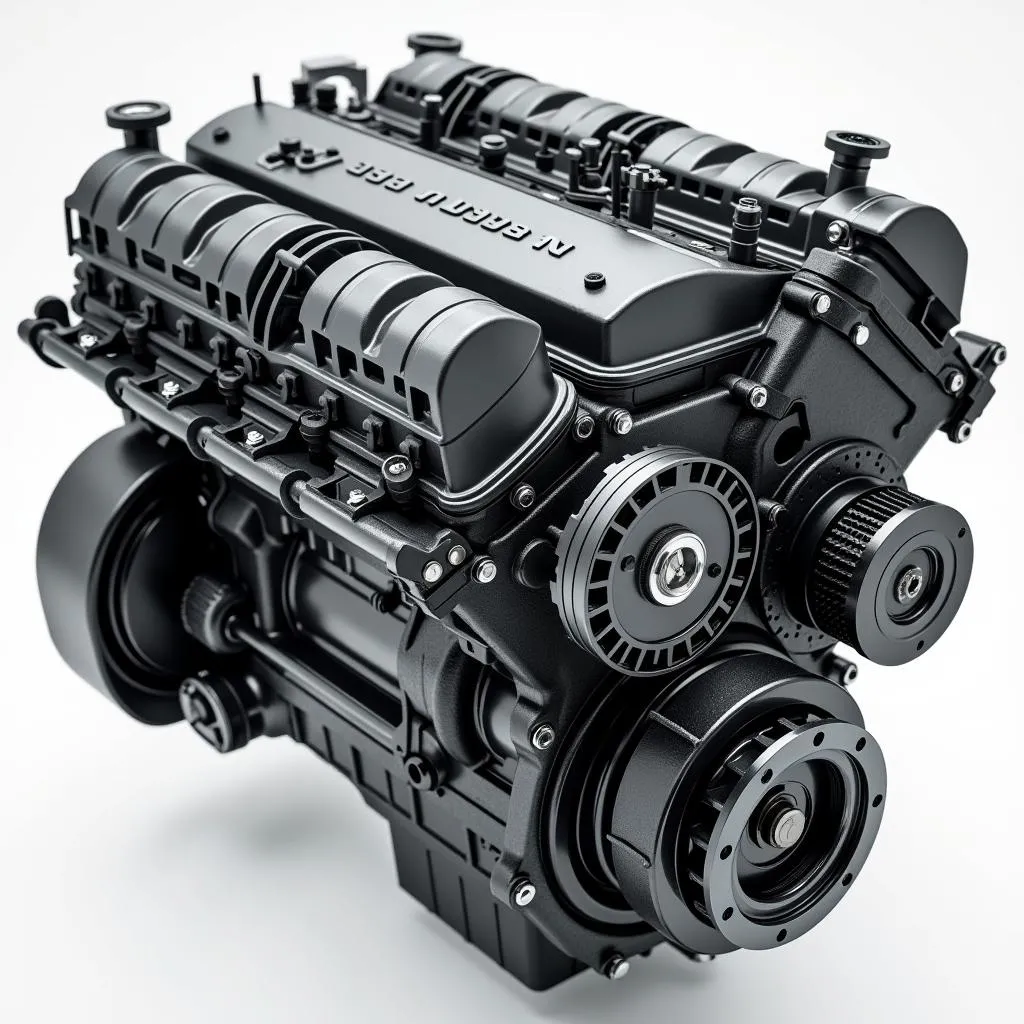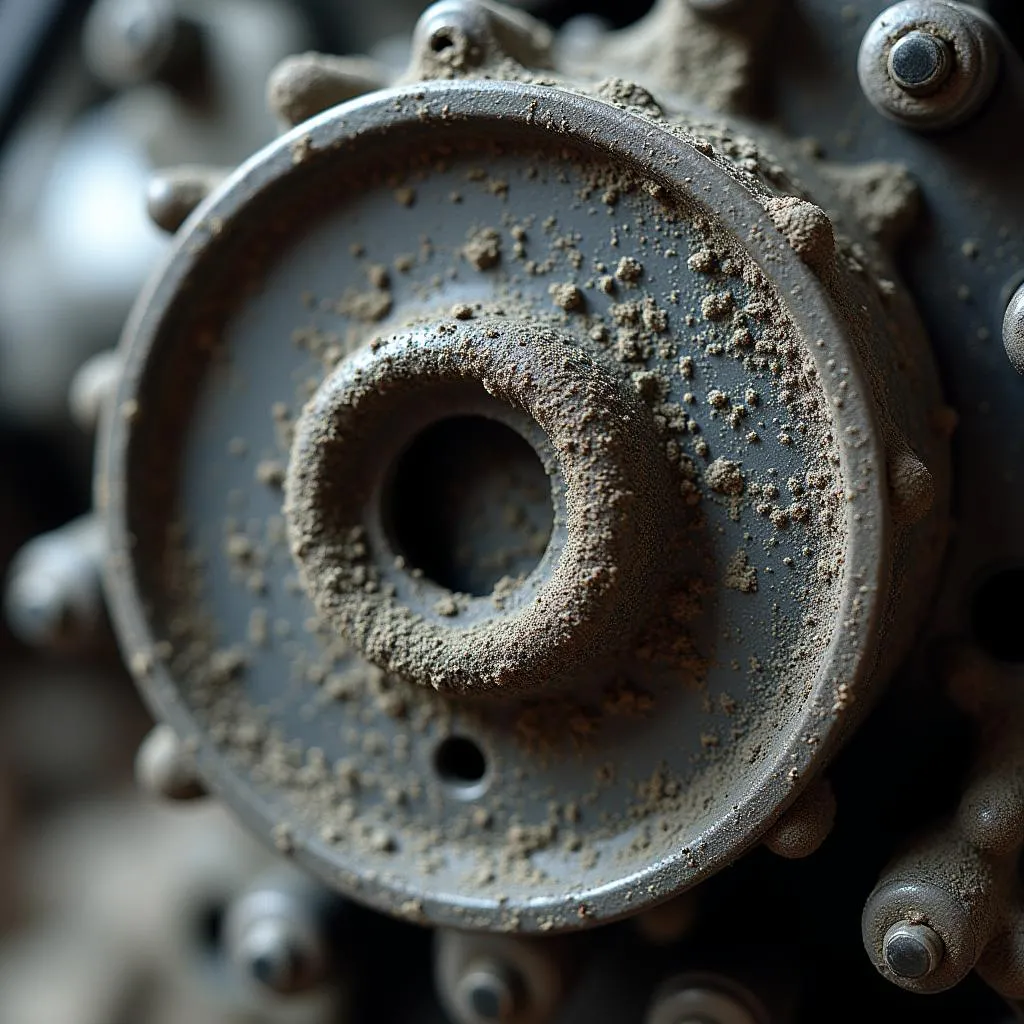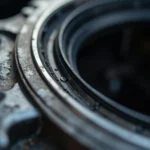The OM651 engine from Mercedes-Benz is known for its performance and efficiency. However, like any complex system, problems can occur. One of these is the EGR system, which repeatedly causes trouble. “OM651 EGR delete” is therefore a common search query from Mercedes drivers looking for a solution to problems with the exhaust gas recirculation system. But is deactivating the EGR system really the best solution?
What does “OM651 EGR delete” actually mean?
Before we look at the reasons and possible consequences of EGR deactivation, we should first clarify what EGR actually means and what function it performs in the OM651 engine. EGR stands for Exhaust Gas Recirculation and is an important component of modern emission control. By recirculating a portion of the exhaust gases back into the combustion chamber, the emission of nitrogen oxides (NOx) is reduced.
 OM651 engine with EGR valve
OM651 engine with EGR valve OM651 engine with EGR valve
OM651 engine with EGR valve
Why do many people delete the EGR system?
Although the EGR system benefits the environment, it also has some disadvantages. Especially in diesel engines like the OM651, it can lead to increased soot formation in the intake manifold. This can lead to loss of performance, increased fuel consumption and, in the worst case, even engine damage.
“Many of my customers complain about recurring problems with the EGR valve,” says master mechanic Hans Schmidt from Berlin. “Often the valve is stuck due to soot deposits and has to be laboriously cleaned or even completely replaced.”
 Clogged EGR valve OM651
Clogged EGR valve OM651 Clogged EGR valve OM651
Clogged EGR valve OM651
Risks and consequences of EGR deactivation
Deleting the EGR system may seem tempting at first glance, as it avoids the problems mentioned. But be careful: deactivating the EGR system is not without risk. In addition to legal consequences, as the vehicle no longer complies with the approval regulations, technical problems can also occur.
Dr. Ing. Markus Bauer, engine developer at a well-known German automobile manufacturer, warns: “The engine control system is designed for the EGR system. Deactivation can lead to malfunctions in the engine management system and, in the worst case, to engine damage.”
Alternatives to EGR deactivation
Instead of completely deactivating the EGR system, there are also gentler alternatives.
- Regular maintenance: Regular cleaning of the EGR valve and the intake manifold can help to avoid problems with the EGR system.
- EGR cleaning kit: Special EGR cleaning kits enable effective cleaning of the EGR system without time-consuming dismantling.
- Software optimization: In some cases, software optimization can reduce the EGR rate and thus reduce soot formation in the intake manifold.
Conclusion: EGR deactivation – yes or no?
The decision of whether to deactivate the EGR system should be carefully considered. Before making this decision, you should comprehensively inform yourself about the risks and consequences. Talk to a qualified workshop you trust and get individual advice.
Further questions about the OM651 engine?
Do you have further questions about the OM651 engine or need support with the repair of your vehicle? Our team of experts will be happy to advise and assist you. Contact us via our website autorepairaid.com – we will be happy to help you!

